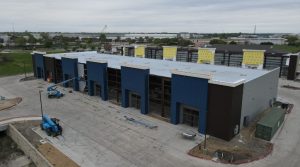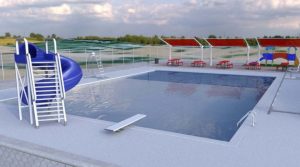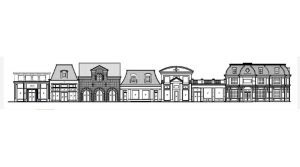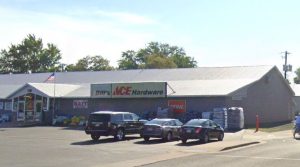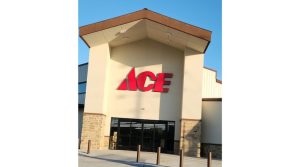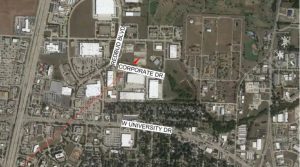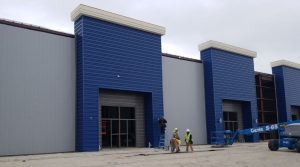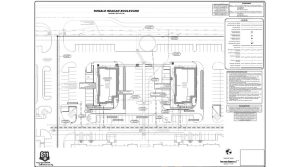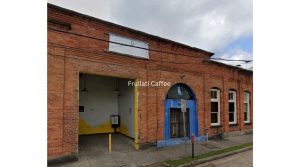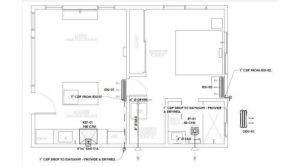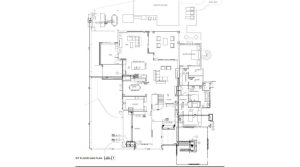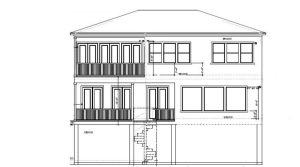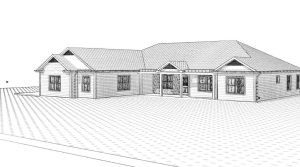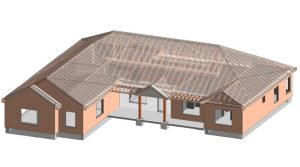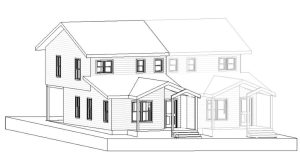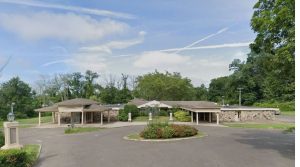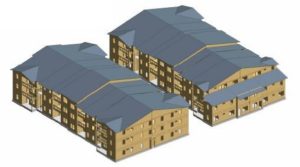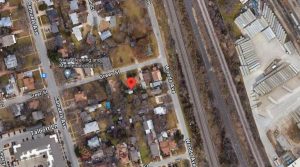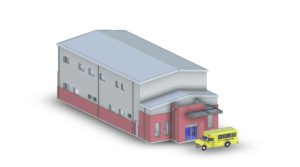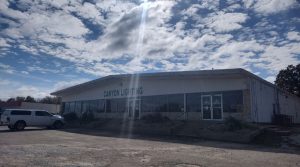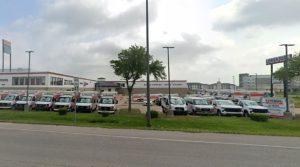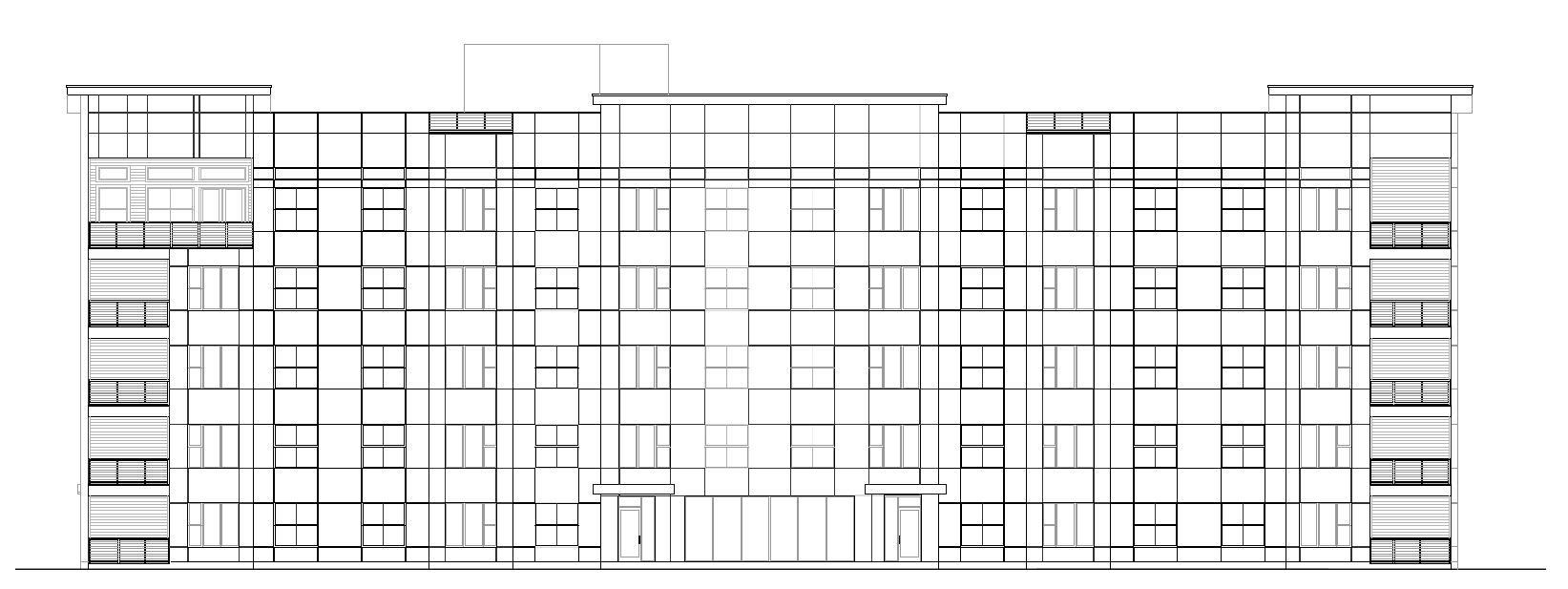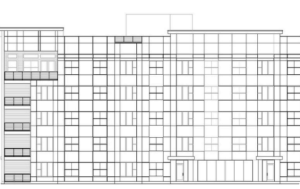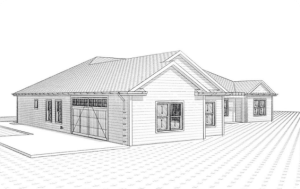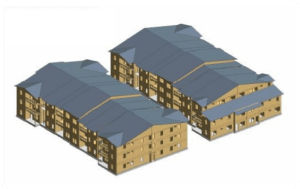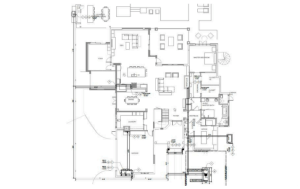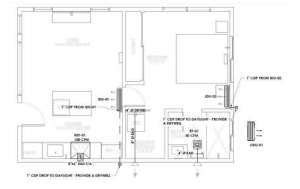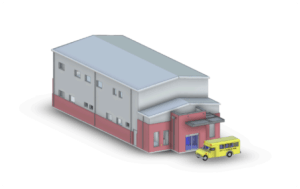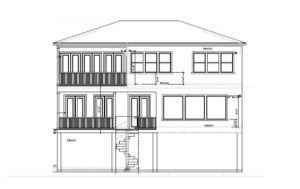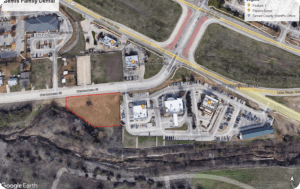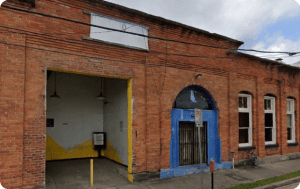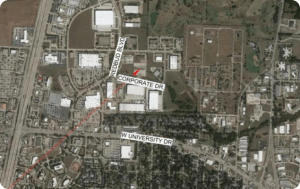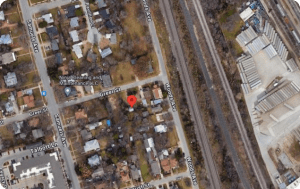Winter HVAC Maintenance Tips: Ensure Optimal Performance with MEP Engineering Firm’s Expertise
Winter is upon us, and with it comes the biting cold and the need for a properly functioning HVAC system. The last thing you want is for your heating system to break down in the middle of a cold winter night. It’s essential to keep your HVAC system well-maintained to ensure it performs optimally throughout the winter months. Your HVAC system is an investment, and it’s worth taking the time to maintain it properly.
In this blog post, we will provide some valuable tips for winter HVAC maintenance that will help you keep your system running efficiently. We will also offer insights and expertise from our MEP engineering firm, where we specialize in the design and maintenance of HVAC systems. Read on to find out how to keep your HVAC system in tip-top shape this winter season!
1. Introduction to the importance of winter HVAC maintenance
As the chilly winter months approach, it’s crucial to prioritize the maintenance of your HVAC system. The comfort and well-being of your home or commercial space heavily rely on the optimal performance of your heating, ventilation, and air conditioning (HVAC) system. Neglecting maintenance during this time can lead to a plethora of issues, including decreased energy efficiency, higher utility bills, and even potential system breakdowns.
Winter brings its own set of challenges for HVAC systems. The dropping temperatures put a strain on the system, requiring it to work harder to maintain a comfortable indoor climate. Without proper maintenance, your HVAC system may struggle to keep up with the increased demand, leading to uneven heating, insufficient airflow, or even complete system failure.
Regular winter HVAC maintenance plays a vital role in ensuring optimal performance throughout the season. By taking proactive measures, you can avoid costly repairs, extend the lifespan of your equipment, and create a cozy and comfortable environment for yourself and those around you.
2. The role of MEP engineering firms in HVAC maintenance
MEP (Mechanical, Electrical, and Plumbing) engineering firms play a crucial role in HVAC maintenance, especially during the winter months when the system’s performance is vital for comfort and energy efficiency. These firms specialize in designing, installing, and maintaining the mechanical and electrical systems of buildings, including heating, ventilation, and air conditioning (HVAC) systems.
When it comes to HVAC maintenance, MEP engineering firms bring their expertise and knowledge to ensure optimal performance. They understand the intricate workings of HVAC systems and can identify any potential issues or inefficiencies that may arise during the winter season. By partnering with an MEP engineering firm, you can benefit from their comprehensive understanding of HVAC systems and their ability to provide tailored solutions.
One of the primary roles of MEP engineering firms in HVAC maintenance is conducting regular inspections and preventive maintenance. They will thoroughly assess the system, checking for any signs of wear and tear, leaks, or malfunctions. This proactive approach helps identify and address small issues before they escalate into major problems, preventing costly repairs or system failures down the line.
3. Understanding the impact of winter on HVAC systems
Winter can be harsh on HVAC systems, causing them to work harder and potentially leading to breakdowns if not properly maintained. Understanding the impact of winter on HVAC systems is crucial for ensuring optimal performance and avoiding costly repairs.
During the winter months, the cold weather puts extra strain on HVAC systems as they are required to heat indoor spaces to a comfortable temperature. This increased workload can cause wear and tear on various components, such as the compressor, fan motors, and heat exchangers. It is important to be aware of these potential issues and take proactive measures to prevent any problems.
One common issue during winter is the freezing of outdoor units. When temperatures drop below freezing, the condensation on the outdoor unit can freeze, hindering its ability to function properly. This can lead to decreased efficiency and potential damage. Regularly checking the outdoor unit and ensuring it is free from ice buildup can help prevent this issue.
4. Common issues faced by HVAC systems during winter
As the temperature drops and winter sets in, HVAC systems face a unique set of challenges that can impact their performance. Being aware of common issues and taking proactive measures can help ensure optimal performance and prevent costly repairs. Here are some common issues faced by HVAC systems during winter:
1. Reduced airflow: Cold weather can lead to restricted airflow due to ice or snow accumulation around the outdoor unit. This can result in reduced heating capacity and increased energy consumption. Regularly check the outdoor unit and clear any obstructions to maintain proper airflow.
2. Frozen pipes: When temperatures plummet, the risk of frozen pipes increases. Frozen pipes can cause blockages, water leaks, or even burst pipes, leading to significant damage and disruption. Insulating exposed pipes and keeping the surrounding area adequately heated can help prevent freezing.
3. Inconsistent heating: Inefficient heating or cold spots in certain areas of your space can be indicative of issues within the HVAC system. This could be due to malfunctioning components, such as faulty thermostats or dirty filters. Regular maintenance and inspections by a professional HVAC technician can help identify and resolve these issues.
4. Furnace ignition problems: Furnaces that haven’t been used for an extended period may experience ignition problems when turned on for the first time in winter. This could be due to issues with the pilot light or ignition system. It’s crucial to have the furnace inspected and serviced before the winter season to ensure proper functioning.
5. Carbon monoxide leaks: Carbon monoxide leaks pose a serious health risk during the winter months when windows and doors are often closed. Faulty or poorly maintained HVAC systems can lead to carbon monoxide leaks. Installing carbon monoxide detectors and scheduling regular inspections can help detect and prevent such leaks.
5. Winter HVAC maintenance checklist: Expert tips from MEP engineers
When it comes to ensuring optimal performance of your HVAC system during the winter months, it’s crucial to follow a comprehensive maintenance checklist. To help you with this, we have gathered expert tips from experienced MEP (Mechanical, Electrical, and Plumbing) engineers who specialize in HVAC systems.
1. Check and replace air filters: One of the simplest yet most important tasks is to regularly check and replace the air filters in your HVAC system. Clogged filters can restrict airflow and put unnecessary strain on the system, leading to decreased efficiency and increased energy consumption. Make sure to clean or replace filters as recommended by the manufacturer.
2. Clean and inspect heating components: Before the cold weather sets in, it’s essential to clean and inspect the heating components of your HVAC system. This includes checking the burner, ignition system, heat exchanger, and flue pipe for any signs of damage or wear. A thorough inspection will help identify any potential issues and ensure safe and efficient operation.
3. Test thermostat functionality: The thermostat plays a crucial role in maintaining comfortable temperatures in your home during winter. Test the functionality of your thermostat by setting the temperature higher and lower to ensure it responds accurately. Consider upgrading to a programmable thermostat for improved energy efficiency and convenience.
4. Check and seal ductwork: Leaky ducts can lead to significant energy losses and reduced heating efficiency. Inspect your ductwork for any leaks, loose connections, or damaged insulation. Seal any gaps or leaks using duct sealant or professional duct sealing services to improve heating performance and save on energy costs.
5. Schedule professional maintenance: While some maintenance tasks can be done by homeowners, it’s highly recommended to schedule professional HVAC maintenance at least once a year. Experienced MEP engineers can thoroughly inspect, clean, and tune-up your HVAC system to ensure optimal performance, identify potential issues, and extend its lifespan.
6. Importance of regular filter replacement and cleaning
Regular filter replacement and cleaning are essential for maintaining optimal performance of your HVAC system, especially during the winter months. As the cold weather sets in, your heating system will be working harder to keep your home warm and comfortable. This increased workload can put strain on the system, leading to reduced efficiency and potential breakdowns if not properly maintained.
One of the simplest yet crucial maintenance tasks is to regularly replace or clean your HVAC filters. Over time, filters can become clogged with dust, dirt, and other debris, restricting airflow and reducing the system’s ability to effectively heat your home. This can result in uneven heating, longer running times, and higher energy bills.
By regularly replacing or cleaning your filters, you can ensure proper airflow and maximize the efficiency of your HVAC system. This not only helps to keep your home consistently warm but also extends the lifespan of your heating equipment. Additionally, clean filters promote better indoor air quality by trapping allergens and pollutants, providing a healthier environment for you and your family.
7. Ensuring proper insulation and weather sealing
When it comes to winter HVAC maintenance, one crucial aspect that often gets overlooked is ensuring proper insulation and weather sealing. As temperatures drop, it becomes even more important to keep the cold air out and the warm air in, not only for the comfort of your home but also for the optimal performance of your HVAC system.
Proper insulation acts as a barrier, preventing heat from escaping through walls, windows, and doors. It helps to maintain a consistent and comfortable indoor temperature while reducing energy wastage. Without adequate insulation, your HVAC system will have to work harder to compensate for the heat loss, leading to increased energy consumption and higher utility bills.
Weather sealing, on the other hand, involves sealing any gaps, cracks, or leaks around windows, doors, and other openings. These small openings can be a major source of drafts, allowing cold air to enter and warm air to escape. By addressing these gaps, you can significantly improve the efficiency of your HVAC system and create a more comfortable living environment.
8. Tips for optimizing thermostat settings during winter
During the winter months, optimizing your thermostat settings is crucial for maintaining a comfortable and energy-efficient home. By following a few simple tips, you can ensure that your HVAC system is working efficiently and effectively, keeping you warm while also saving on energy costs.
1. Set the temperature wisely: It’s recommended to set your thermostat to a lower temperature when you’re away from home or sleeping. This can help save energy while still maintaining a comfortable environment. Consider investing in a programmable thermostat that allows you to schedule temperature adjustments throughout the day.
2. Take advantage of natural warmth: Utilize the heat from the sun by keeping your curtains or blinds open during the day. This can help warm up your home naturally, reducing the need for excessive heating.
3. Use zoning systems: If your home has multiple heating zones, take advantage of this feature. Adjust the temperature in each zone based on its usage and occupancy. This can help avoid wasting energy in unoccupied areas.
4. Optimize fan settings: In the winter, switch your ceiling fans to rotate clockwise at a low speed. This will help circulate the warm air that rises to the ceiling, keeping the room evenly heated.
5. Regularly clean and maintain your thermostat: Dust and debris can affect the accuracy and performance of your thermostat. Clean it regularly and ensure that it is properly calibrated for accurate temperature readings.
9. Importance of regular HVAC system inspections and tune-ups
Regular HVAC system inspections and tune-ups are crucial for ensuring optimal performance and longevity of your heating and cooling systems, especially during the winter months. By partnering with a reputable MEP engineering firm, you can benefit from their expertise in maintaining and enhancing the efficiency of your HVAC systems.
During an inspection, the engineers will meticulously examine every component of your HVAC system, including the furnace, heat pump, air conditioner, and ventilation system. They will check for any signs of wear and tear, leaks, or malfunctions that could potentially lead to system breakdowns or decreased performance.
Tune-ups involve a thorough cleaning and calibration of your HVAC equipment. This helps to remove any built-up dirt, dust, or debris that can hinder the system’s efficiency. Additionally, the engineers will test and adjust the various settings and controls to ensure optimal performance and energy efficiency.
9. Importance of regular HVAC system inspections and tune-ups
Regular HVAC system inspections and tune-ups are crucial for ensuring optimal performance and longevity of your heating and cooling systems, especially during the winter months. By partnering with a reputable MEP engineering firm, you can benefit from their expertise in maintaining and enhancing the efficiency of your HVAC systems.
During an inspection, the engineers will meticulously examine every component of your HVAC system, including the furnace, heat pump, air conditioner, and ventilation system. They will check for any signs of wear and tear, leaks, or malfunctions that could potentially lead to system breakdowns or decreased performance.
Tune-ups involve a thorough cleaning and calibration of your HVAC equipment. This helps to remove any built-up dirt, dust, or debris that can hinder the system’s efficiency. Additionally, the engineers will test and adjust the various settings and controls to ensure optimal performance and energy efficiency.



